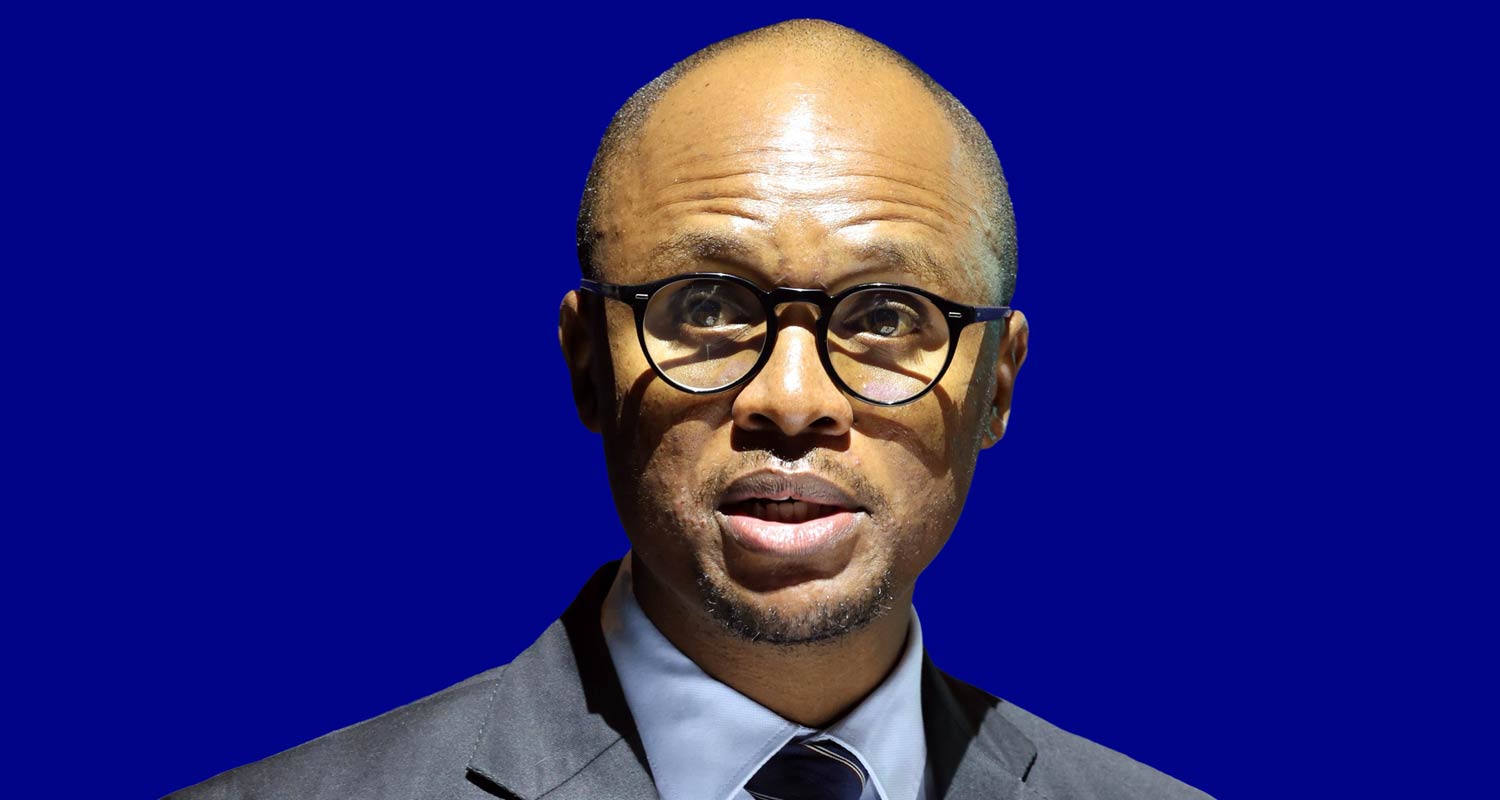Starlink will comply with South African black economic empowerment legislation, is ready to launch services in the country and will spend R2.5-billion doing so, a company executive said on Tuesday.
Ryan Goodnight, senior director in charge of market access at Starlink owner SpaceX, told the annual general meeting of South Africa’s Internet Service Providers’ Association that the company is not only willing to comply with BEE rules but that it also wants to partner with local telecommunications operators, ISPs and other companies as part of its go-to-market strategy.
In the presentation, which was not attended by the media but which TechCentral has heard a recording of, Goodnight explained that despite SpaceX’s intention to secure an operating licence in every country in which it wants to operate, it will partner with local resellers, including ISPs, in both the retail and enterprise markets.
He said Starlink complies with local laws in every market in which it is licensed and will do the same in South Africa. He reiterated, however, that the company does not wish to sell equity in its local subsidiary and needs an amendment to regulations around equity rules before it can invest and launch services here.
He said the current licensing regulations are “out of sync” with the Electronic Communications Act, creating an obstacle in the way of Starlink’s launch.
Goodnight explicitly noted that Starlink is not a mobile operator or broadcaster and has no intention of pursuing exclusive arrangements with local partners.
Other key points he raised include:
- Starlink is investing heavily in ground stations and points of presence (PoPs) – the “brains” of its global network – and is looking at placing some of these in South Africa.
- Starlink proposes spending R500-million on an “equity equivalence” programme to connect 5 000 schools with free internet and hardware.
- It also plans to invest about R2-billion in local infrastructure, including gateways, PoPs, leased land, power, fibre and local staffing.
- The company wants to partner with local ISPs for installation, maintenance and reseller roles rather than going it alone.
- It also wants to work with the National Sea Rescue Institute to equip rescue vessels with Starlink for maritime safety.
Goodnight said Starlink expects its infrastructure build to create downstream work for construction, fibre and security contractors, positioning South Africa as a potential regional hub for Starlink operations.
South Africans keen to subscribe to Starlink could, however, still have a long wait ahead of them.
Regulations
In May 2025, communications minister Solly Malatsi gazetted a draft policy direction to Icasa with the goal of aligning the regulator’s “ownership regulations” under the Electronic Communications Act with the broader ICT sector code, which includes transformation tools besides just equity ownership – these include equity equivalence programmes such as skills development and enterprise development.
The process has, however, been dragging out. Malatsi, a member of the DA and a cabinet minister in the government of national unity, has been criticised for his plan, particularly from those on the left. However, it has won the support of President Cyril Ramaphosa.
Malatsi has repeatedly defended the draft directive, saying it does not scrap empowerment rules and does not grant exclusive exemptions to Starlink or any one operator.

Regulatory experts have warned that even if the policy directive is accepted by Icasa and implemented, processes to amend the regulations could still take up to two years.
Read: Amazon’s Kuiper eyes South Africa as Starlink awaits licensing reform
In the meantime, all of South Africa’s neighbours in Southern Africa have licensed Starlink, with the notable exception of Namibia, where SpaceX remains hopeful it will launch services this year still, according to its global coverage map. The map shows South Africa’s launch date as “unknown at this time”. – © 2025 NewsCentral Media
Get breaking news from TechCentral on WhatsApp. Sign up here.



